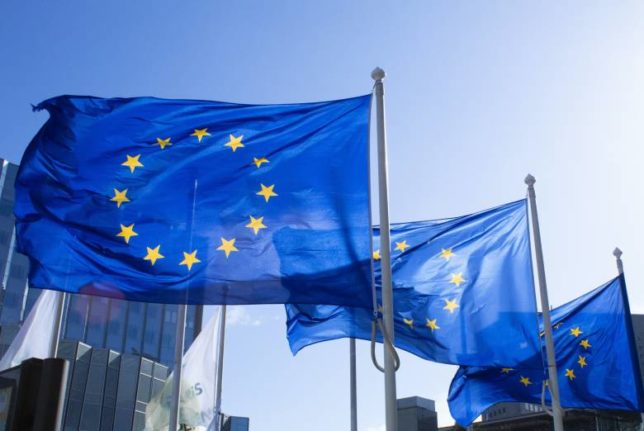In 2018, Karin Kneissl, then foreign minister of neutral Austria, made headlines when she invited Putin to her wedding and danced with him. The 58-year-old left the government the following year.
In a BBC interview in May 2023, Kneissl said she would dance with Putin again today, adding that she did not regret having asked him for a waltz.
“I have just presented this university institute with dean Nikolai Kropachev” at the St Petersburg economic forum, Kneissl confirmed to AFP.
The GORKI Centre — short for “Geopolitical Observatory for Russia’s Key Issues” — aims to “link academia with reality”, according to a brochure provided to AFP by Kneissl.
READ ALSO: Four ways Austria has changed after one year of war in Ukraine
It was set up to “bring together the academic potential” of St. Petersburg University and “practical experience in diplomatic activity”. The think tank also seeks to “help define the policies for the Russian Federation” with a focus on the Near and Middle East.
In 2021, Kneissl joined the Board of Directors of the Russian oil giant Rosneft.
She stepped down in May 2022 after the European Parliament passed a resolution threatening sanctions against Europeans still on the boards of major Russian companies.
Highly controversial in her native country, she has now settled in a small village in Lebanon.



 Please whitelist us to continue reading.
Please whitelist us to continue reading.
Member comments